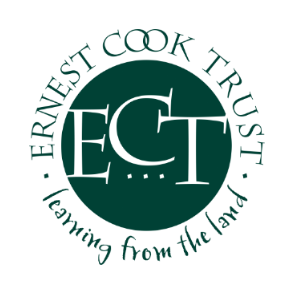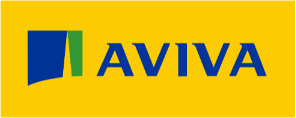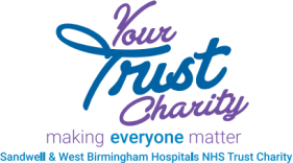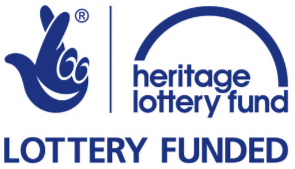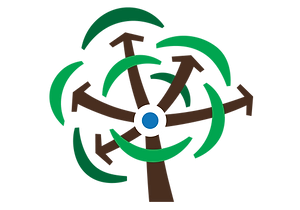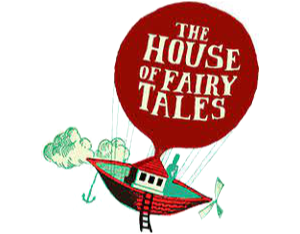FOR FAMILIES
Welcome to our new Family Zone! During this period of Covid-19, we recognise the importance of helpful home learning provision and how vital it is in ensuring that children and young people do not fall behind in their learning and progress. We have sourced some useful resources for children and young people whilst they are at home and found some helpful links for more general advice.

Handsworth Association Of Schools Children
Online Safety Information
Online safety is vital. As children and young people may be spending more time online at home, please can we suggest that parents visit the website www.saferinternet.org.uk.
This website has resources for families, young people and schools that will be of specific use at this time. makes sure that children learn about how to keep themselves safe, and gives them advice on what they should do if they have any fears or worries.
The following websites also help concerned parents to find out about how to keep your child safe online, especially where children are keeping in contact with one another.
- Childline (0800 11 11 or www.childline.org.uk) offers help and advice about a wide range of issues that children may experience. It has some great resources for children to access linked to their feelings at this difficult time, online safety and other worries they may have.
- NSPCC
- Think U Know
- Childnet Parents and Carer Toolkit
For parents and carers experiencing any internet safety issues with their children, The Parent Zone provides a national helpline service at - help@theparentzone.co.uk

Handsworth Association Of Schools Children
Home Schooling
During the Covid 19 pandemic we understand that teaching children and supporting young people at home can be extremely challenging. Here are a few ideas to help you get the most out of your time at home together:
- Children and young people need to create and maintain a routine as much as possible.
- Activities need to be clearly linked to on-going classroom work so keep in touch with your school.
- Keeping active is key to mental and physical health. Get out in the fresh air and use this time as a learning experience.
- Set a timer and make sure they give themselves breaks in between.
- Try to create a dedicated space for learning. Place a table in a quiet spot that can be set up as a study area, this will help your child to focus.
- Remove distractions such as mobile phones during learning times.
- Work set should be challenging but not too difficult – learning should be fun not stressful.
- Let children and young people be initiative and creative.
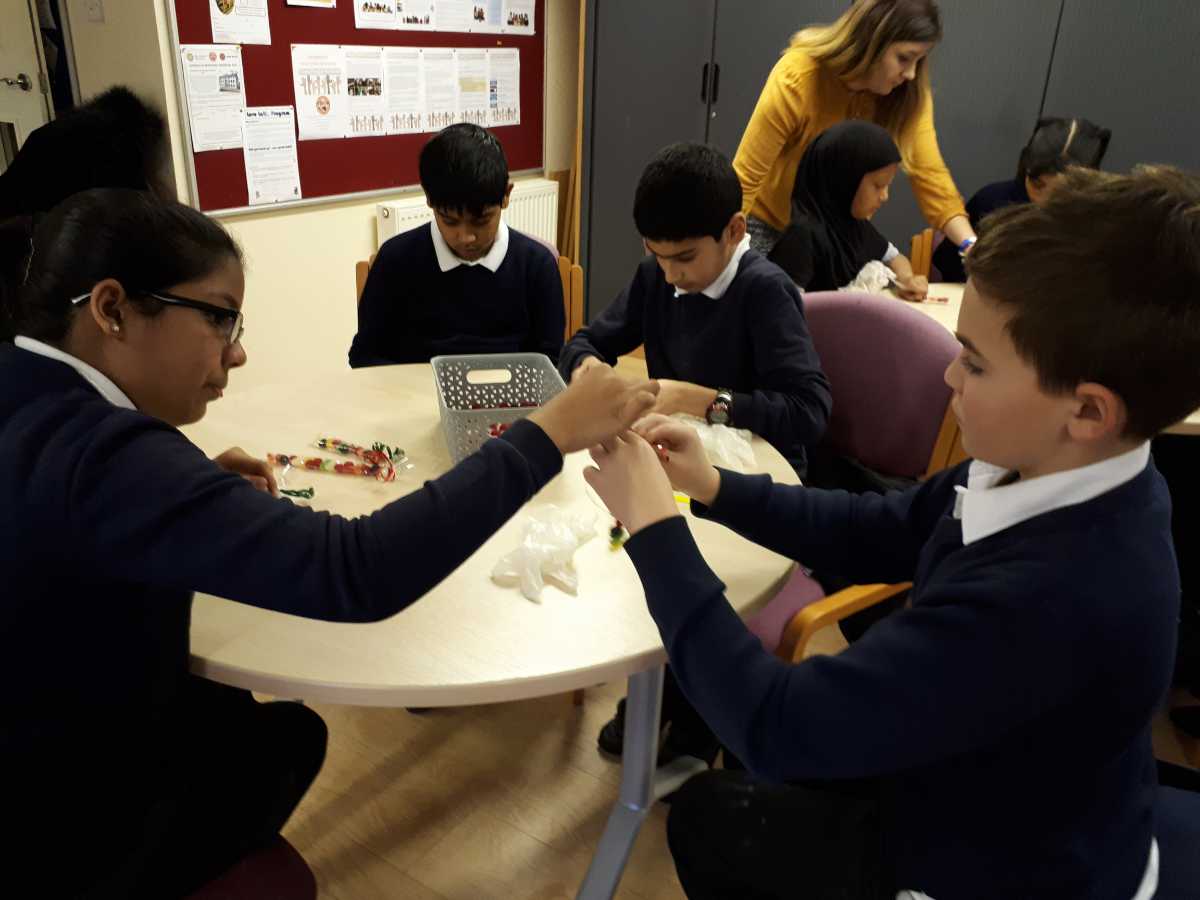
Handsworth Association Of Schools Children
Home Learning Links
For daily online education and structured lessons, broken down by age group in line with the National Curriculum, visit either BBC Bitesize or Oak National Academy.
At both of these sites you will find a wide range of engaging lessons from across the curriculum including Science, History, Geography and Art
The TTS group have created beautiful home learning booklets for EYFS, KS1 and KS2 and the learning is all fun and interesting with extras such as an opportunity for the whole family to learn fingerspelling.
- Oxford Owl provides free ebooks for children of primary age.
- Pobble is an online writing program which posts a picture a day with prompts to promote discussion and writing
- Twinkl provides resources and downloads for all curriculum areas. They are offering all resources free in the event of school closures.
- Teacher’s Pet offers lots of free printables for download across a wide range of subjects.
- Teach Your Monster to Read is a fantastic game which follows phonic phases 1, 2 and 3 in separate games for EYFS through to KS1.
- 2 Simple: Games, videos, activities and ebooks suitable for ages 4-11. Free in event of school closures.
- Music Theory has lessons and exercises for children to do at home. For all ages and musical abilities.
- 123 Homeschool 4 Me – 300,000+ worksheets
- All Kids Network – crafts and activities
- Little Spark Company – printable activities
- Nomster Chef – illustrated recipes for children
- Code Academy – learning to code for children





